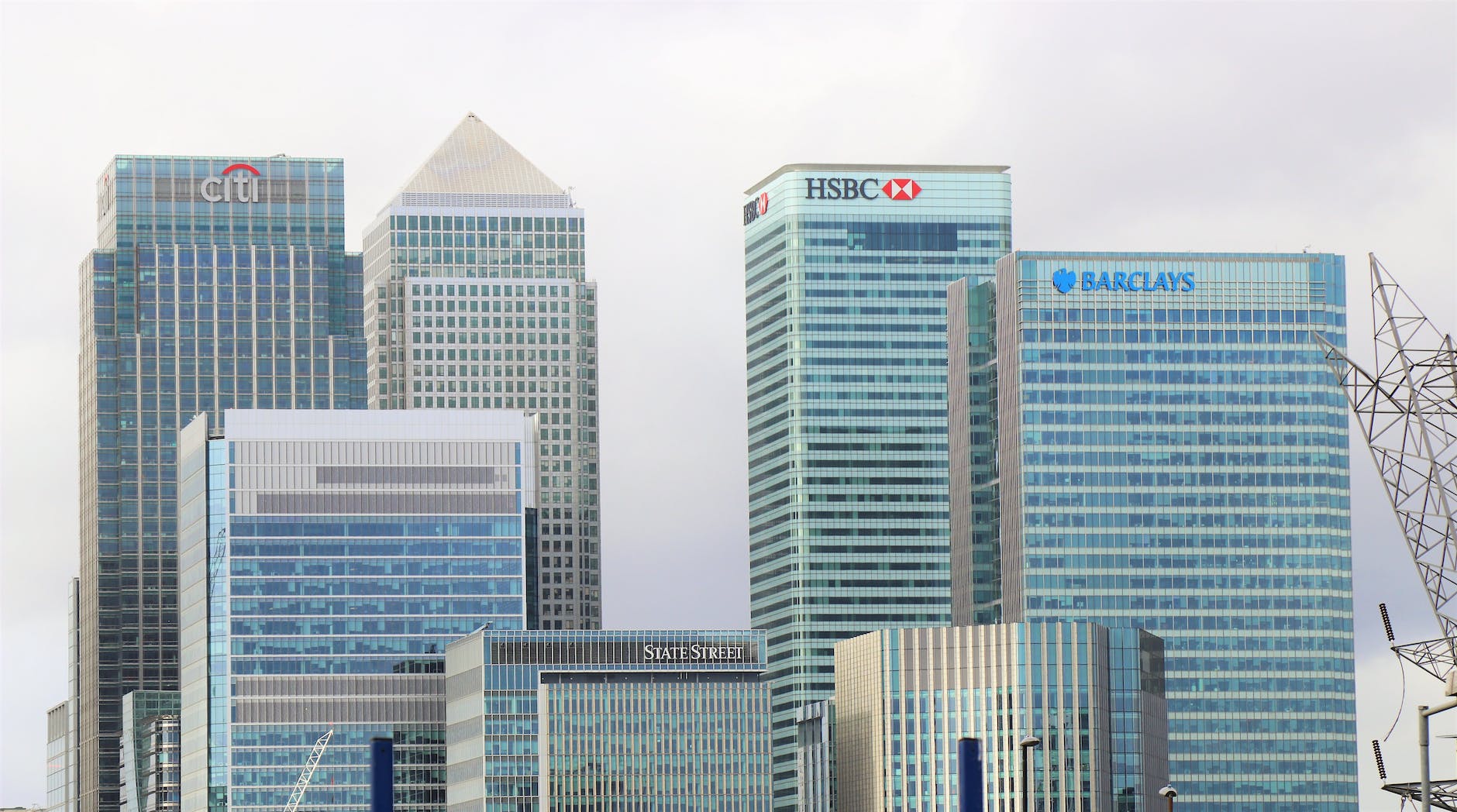Business
JPMorgan Chase profit falls: 15% decline in quarterly earnings

In the latest financial report, JPMorgan Chase revealed a 15% decline in quarterly earnings, totalling $9.31 billion, or $3.04 per share, compared to the previous year. This decrease was attributed to a $2.9 billion fee linked to the government’s seizure of failed regional banks. Excluding this fee and $743 million in investment losses, earnings would have been $3.97 per share, exceeding analysts’ expectations.
The bank’s revenue increased by 12% to $39.94 billion, slightly surpassing the anticipated $39.78 billion. JPMorgan CEO Jamie Dimon credited the record full-year results to better-than-expected net interest income and credit quality performance. The bank achieved nearly $50 billion in profit for 2023, with $4.1 billion stemming from the acquisition of First Republic.
Similar to its resilience in the 2008 financial crisis, JPMorgan navigated last year’s regional banking turmoil successfully, emerging as a larger and more profitable entity after acquiring First Republic—a midsize lender serving affluent coastal families. The Federal Deposit Insurance Corporation imposed a special assessment on large U.S. banks to cover losses from a fund aiding uninsured depositors of seized regional banks. As a result, JPMorgan managed to thrive in the face of the challenges posed by the regional banking crisis. During premarket trading, the bank’s shares rose by 1.9%